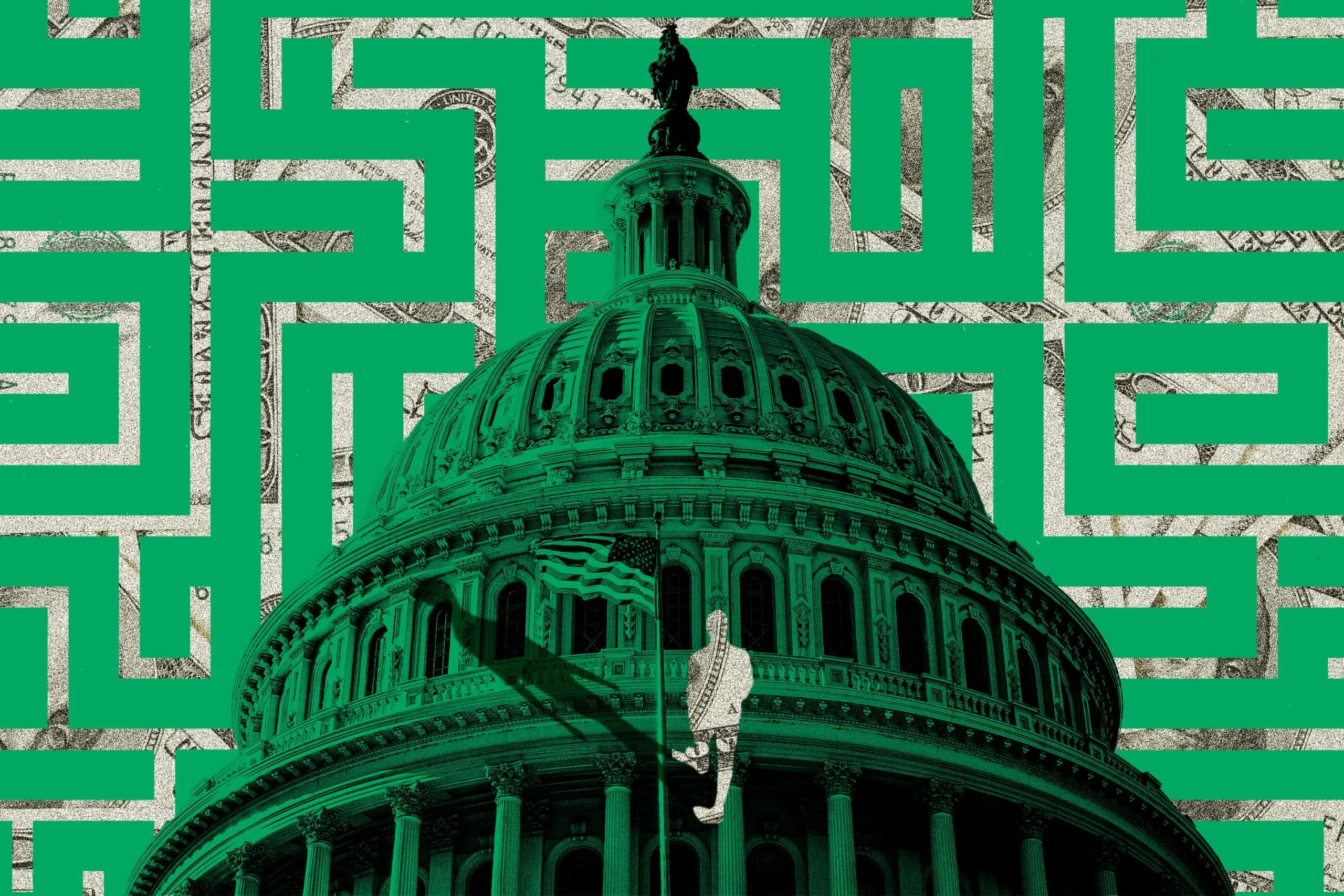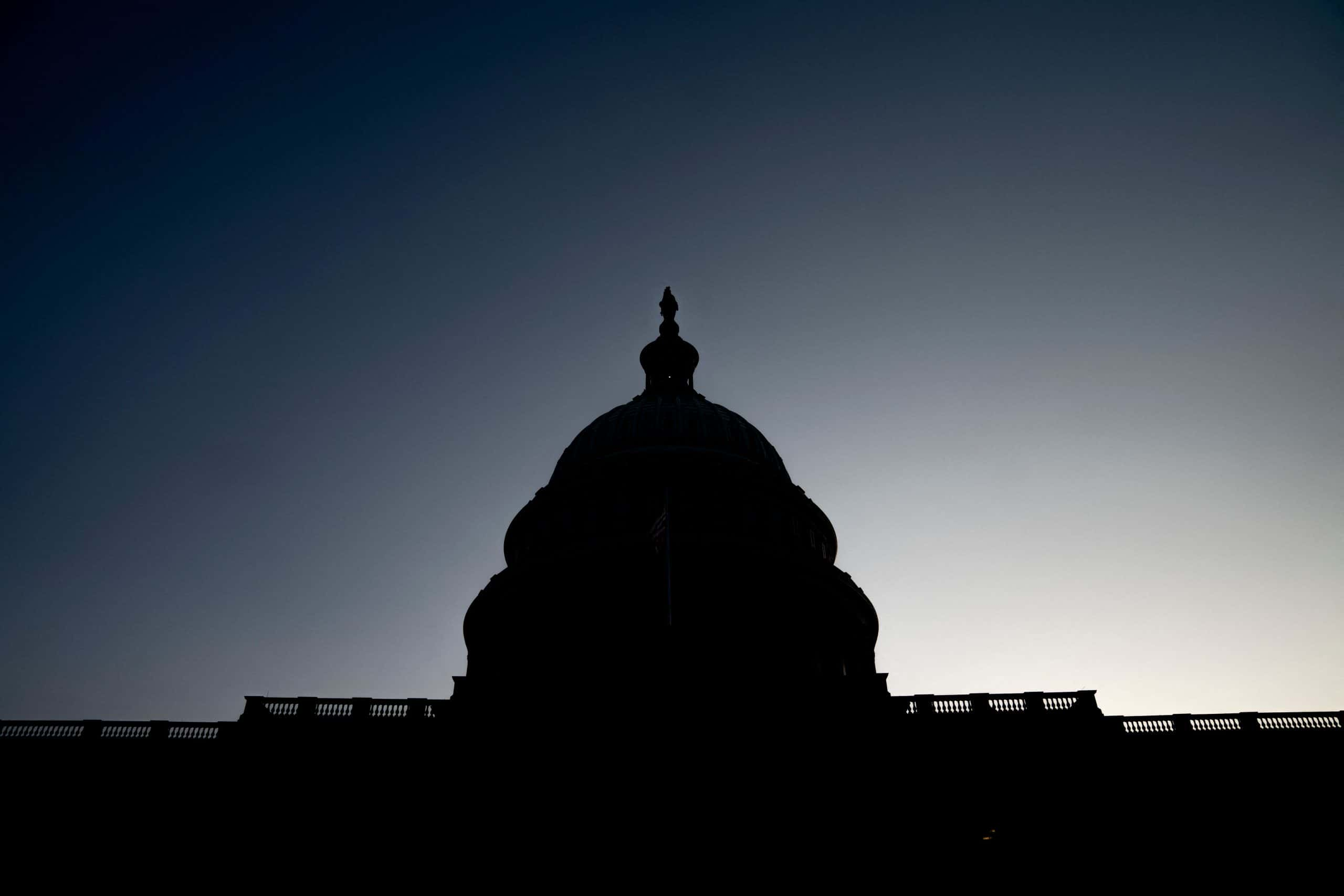If an agreement is not reached, a government shutdown could have widespread implications, affecting numerous agencies, departments, and services.

Lawmakers are under pressure to reach an agreement and secure funding for the federal government, preventing a government shutdown
Concerns arise regarding the impact on Medicare in the event of a government shutdown. Despite the potential disruptions, certain essential services, including those provided by the Centers for Medicare and Medicaid (CMS), would persist with a reduced staff. This means that Medicare, Medicaid programs, and services, including the upcoming open enrollment on October 15, would continue operating according to the latest CMS contingency plan.
Medicare and Medicaid, along with Social Security, fall under the category of mandatory programs, funded by existing laws, bypassing the need for an annual vote by Congress. This distinguishes them from numerous other agencies and departments currently at risk of closure if Congress fails to pass the necessary appropriations bills. Therefore, even in the event of a government shutdown, Medicare recipients would continue to receive benefits, and Social Security payments would remain unaffected.
The Health and Human Services’ contingency plan, dated September 21, indicates that Medicaid has adequate funding for the first quarter of FY 2024. Additionally, specific CMS programs, such as Health Care Fraud and Abuse Control and the Center for Medicare & Medicaid Innovation services, would remain operational. However, approximately 51% of CMS staff would face furloughs, leading to certain services being put on hold during a government shutdown.
Individuals may experience extended wait times when seeking assistance from a CMS representative
Moreover, the replacement of Medicare cards would be deferred until the government reopens. The Social Security Administration, responsible for Medicare cards, assured that critical activities, including timely benefit payments, would persist, but non-essential services like card replacement would be temporarily halted.
At HHS, around 42% of staff members would face furloughs, though employees involved in critical operations with direct-service components would be retained. This includes a limited workforce dedicated to supporting funded activities like Medicare, Medicaid, and other mandatory health programs. The agency affirmed its commitment to maintaining certain COVID-19 initiatives, utilizing funding from previous years allocated through emergency appropriations.
Certain activities would persist, including patient care at the National Institutes of Health Clinical Center and admission of new patients if deemed medically necessary. Additionally, the Food and Drug Administration would continue its core emergency functions, such as monitoring and responding to foodborne illnesses and influenza outbreaks.
While agencies are mandated to provide contingency plans for a government shutdown, some are still in the process of updating or have not yet made them public. Kiplinger will closely monitor these updates, providing further information as it becomes available.
READ ALSO: Groundbreaking Study Reveals Link Between History Of Depression And Elevated Type 2 Diabetes Risk




